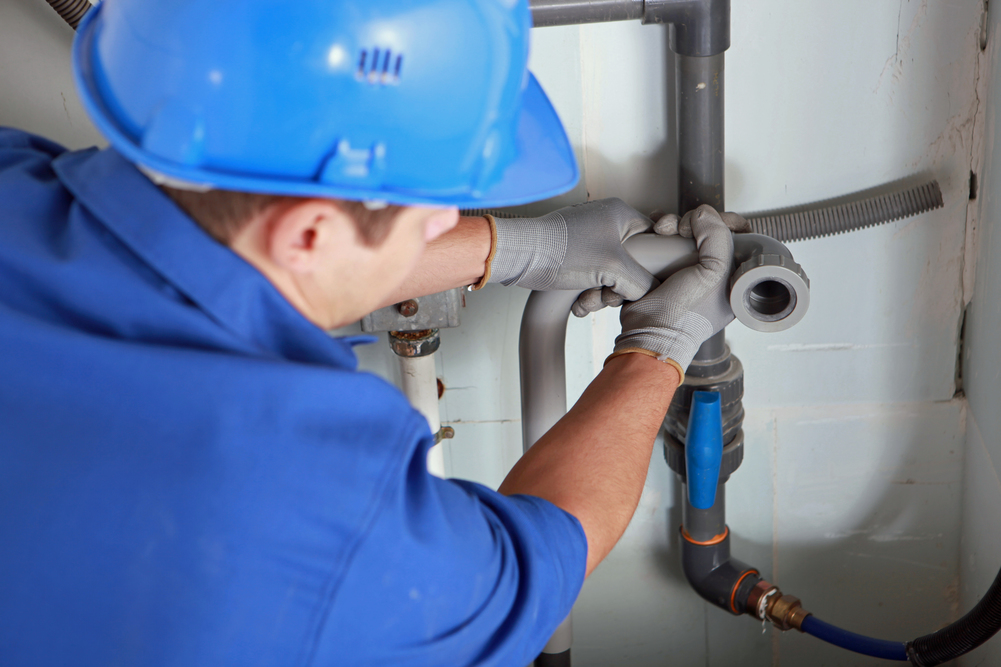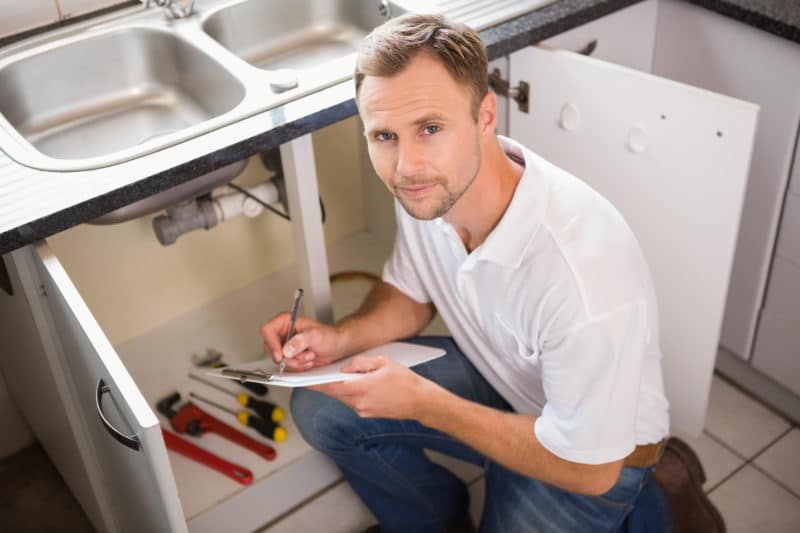Six Unexpected Things That Destroy Your Home Plumbing Fixtures
Six Unexpected Things That Destroy Your Home Plumbing Fixtures
Blog Article
We've found this post relating to Ways to Make Your Pipes Last Longer directly below on the web and think it made good sense to share it with you on this page.

The trick to long lasting appliances, unsurprisingly, appertains upkeep. There's no set rule that can guarantee your plumbing appliances a long wear, however you can stop unneeded damages and also fixings by staying clear of bad plumbing habits.
You ought to quit doing these 6 points else you'll maintain calling your plumber over for minor faults.
Purging every little thing
Yes, your commode drainpipe causes the sewage systems, yet that does not indicate you must dump simply anything away. Many 'flushable' products are in fact wonderful obstruction beginners, as an example floss. Asides maintaining apparent non-flushable materials like wires as well as plastics out of your bathroom, you ought to likewise avoid flushing cotton buds, menstruation items, wipes, daipers as well as condoms down the toilet drainpipe.
Pouring oil in the sink
We understand appropriately taking care of oil after a hearty meal is a pain. But merely putting it down the tubes can do long-term harm to your pipes. "The fat and also oil can clog your drainpipe severely sufficient to force you to call a plumber," clarifies Dawson. "Plumbing functions best when it's well taken care of-- not abused with grease."
Making use of way too much drain cleaner
Using a drainpipe cleaner greater than once or twice a month is an indicator that something severe is going on within your pipelines. Now, instead of encountering the major issue, you go with a quick fix; a carbonated drain cleaner. Rightfully, a drainpipe cleaner will look after the clog, however at what cost?
The chemicals in a drainpipe cleaner can accelerate the deterioration of your pipelines. Add that to whatever underlying issue is causing the obstruction and you might have to a significant issue on your hands.
If you experience way too many blockages, call your emergency plumber instead of making use of a drain cleaner.
Not washing dishes prior to loading them right into the dishwasher
it's called a dish washer, but throwing in recipes, pots, as well as pans covered in huge food bits can in fact cause some severe damage to the home appliance, bring about long-lasting troubles down the line. "Property owners might have to obtain their dishwasher repaired regularly if they don't rinse their dishes prior to loading, or at the very least remove bigger food items," explains Audrey Monell, proprietor of Forrest Anderson Plumbing and A/c in Glendale, Arizona. "Food that gets stuck on meals creates the dishwasher to work harder, which can wear down components much faster, leading to troubles."
DIYing everything
With plumbing, a stitch in time really does conserve nine. You can avoid a fullblown plumbing emergency by calling your plumber at the correct time.
You might have found out a few plumbing hacks from your father, however you ought to understand where to draw a line and also call an expert. For example, you may be able to take care of an obstruction on your own, but you shouldn't try to transform a pipeline. You can inequality pipes or overtighten a bolt, causing more injury as well as damage than you believed. Calling a plumber is a risk-free as well as affordable decision.
Not transforming your dish washer hose pipes
One simple method to make sure that you utilize your dish washer for several years is to replace the hose pipe at the very least once in 5 years. This also obtains washing equipment pipes.
Over time, food fragments, soap and also oil can form blockages within your pipes. Changing them in a timely manner will certainly protect against any presure accumulate that can damage the inner functions of your dishwasher or cleaning equipment.
An enhanced steel braided hose pipe does a fantastic job of prolonging your device's use time.
No wintertime preventative measures
Extreme weather conditions are bad for your pipelines, particularly if they're constructed from steel. You should insulate your revealed pipelines, and also your water container, even if you have a hot water heater. You must also switch off your yard tube shutoff as well as any other external water networks. These channels are electrical outlets for chilly; you pipes can begin to freeze from outside if you do not.
How Hard Water Damages Your Plumbing and Appliances
Hard water is no stranger to most households across America. This silent invader affects 85% of homes in the United States every day, wreaking havoc on pipes, plumbing fixtures, and water-using appliances.
Should you become a victim of hard water, you must understand exactly what it is and how it affects your plumbing and appliances. This will help you determine the correct measures to put in place to fix or prevent any problems that may arise.
First off, what exactly is “hard” water?
In short, “hard water” is used to describe water that contains relatively high amounts of dissolved minerals, primarily calcium and magnesium, and a host of trace metals. When rainwater falls from the sky (usually in a pure form), it absorbs the hardness minerals from rocks and soil, which changes it from soft to hard water.
What about my plumbing and appliances?
Mineral deposits from hard water can cause buildup on tubs, shower, sinks, faucets. But that’s only a small scratch of the surface. Those minerals can gradually build up inside pipes, fixtures, water heaters, washing machines, and dishwashers. Once they accumulate in those areas, they can clog pipes and create major problems throughout your plumbing system, from reduced water flow to increased pressure on pipes and fixtures.
This limescale buildup might affect some appliances, causing them to operate less efficiently and wear down faster. And the result? Higher energy bills, more (costly) plumbing replacements and repairs, and damaged appliances.
Keep in mind that certain types of plumbing are more susceptible to clogging than others. Copper, PVC, and PEX pipes are more resistant to hard water buildup and corrosion, but they can still get clogged or completely blocked by scale deposits.
How do I know if my water is hard?
White limescale buildup on plumbing fixtures (or any of the other signs mentioned above) is usually a good sign that your water is hard. If you suspect that you have hard water, you can simply shake up a small amount of dish soap and water in a closed container. If the mixture doesn’t create a lot of suds, you probably have hard water.
The most precise method, however, is to test your water with a DIY test kit (sold online or at local home centers or hardware stores) or send a water sample from your tap to a local lab to be tested. Be sure that you understand the nature of the test, the water condition being measured, and the significance of the test results.
Another way to obtain an estimate of water hardness is to check your annual water quality report to see if your water provider has reported any instance(s) of water hardness in your water supply.
https://www.springwellwater.com/how-hard-water-damages-your-plumbing-and-appliances/

I'm certainly very taken with Can Hard Water Ruin Your Appliances? and I'm hoping you enjoyed our page. Sharing is good. Helping others is fun. We take joy in reading our article about Leak Detection and Repair Without Destroying Your Home.
Visit My Site Report this page